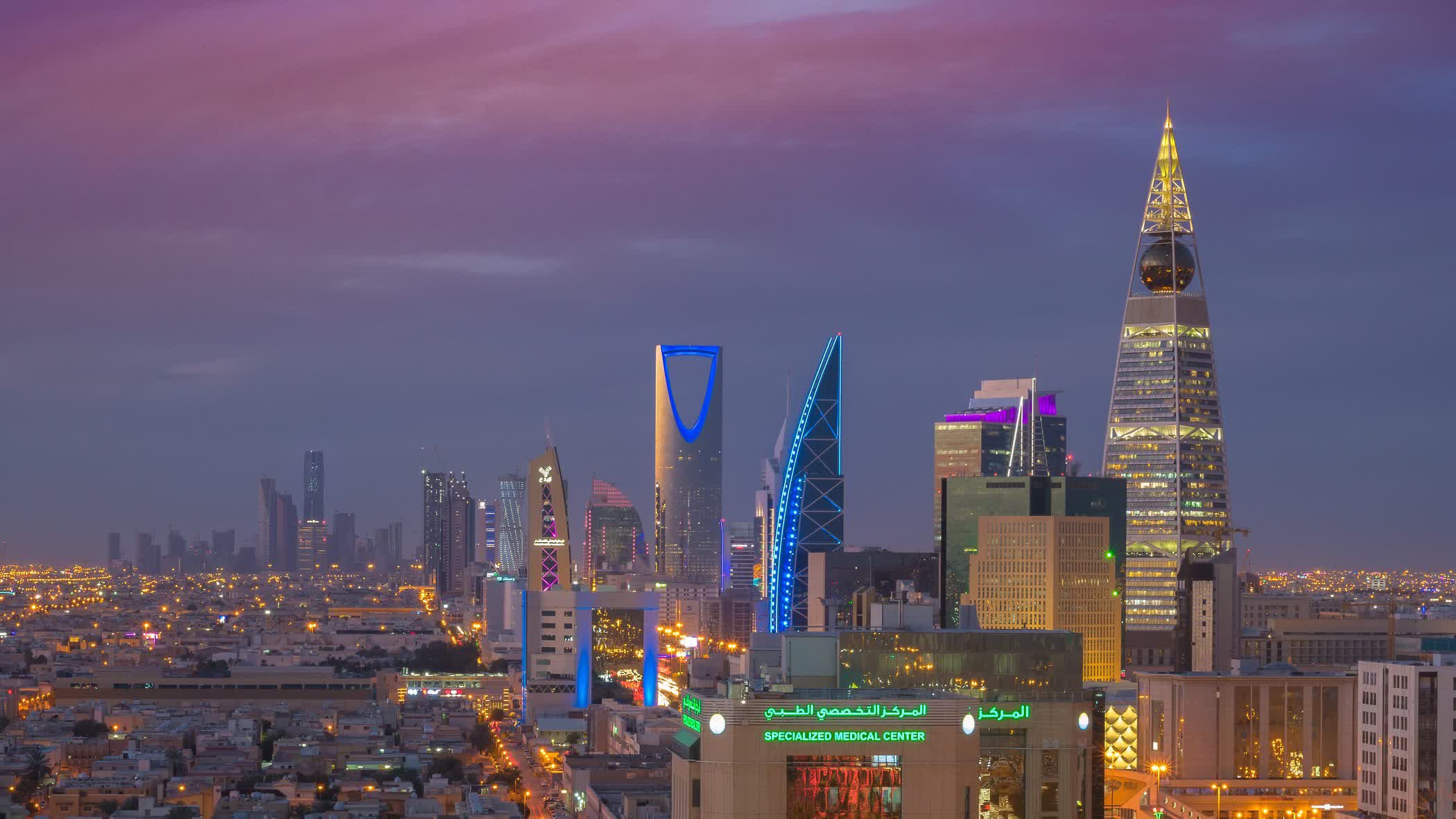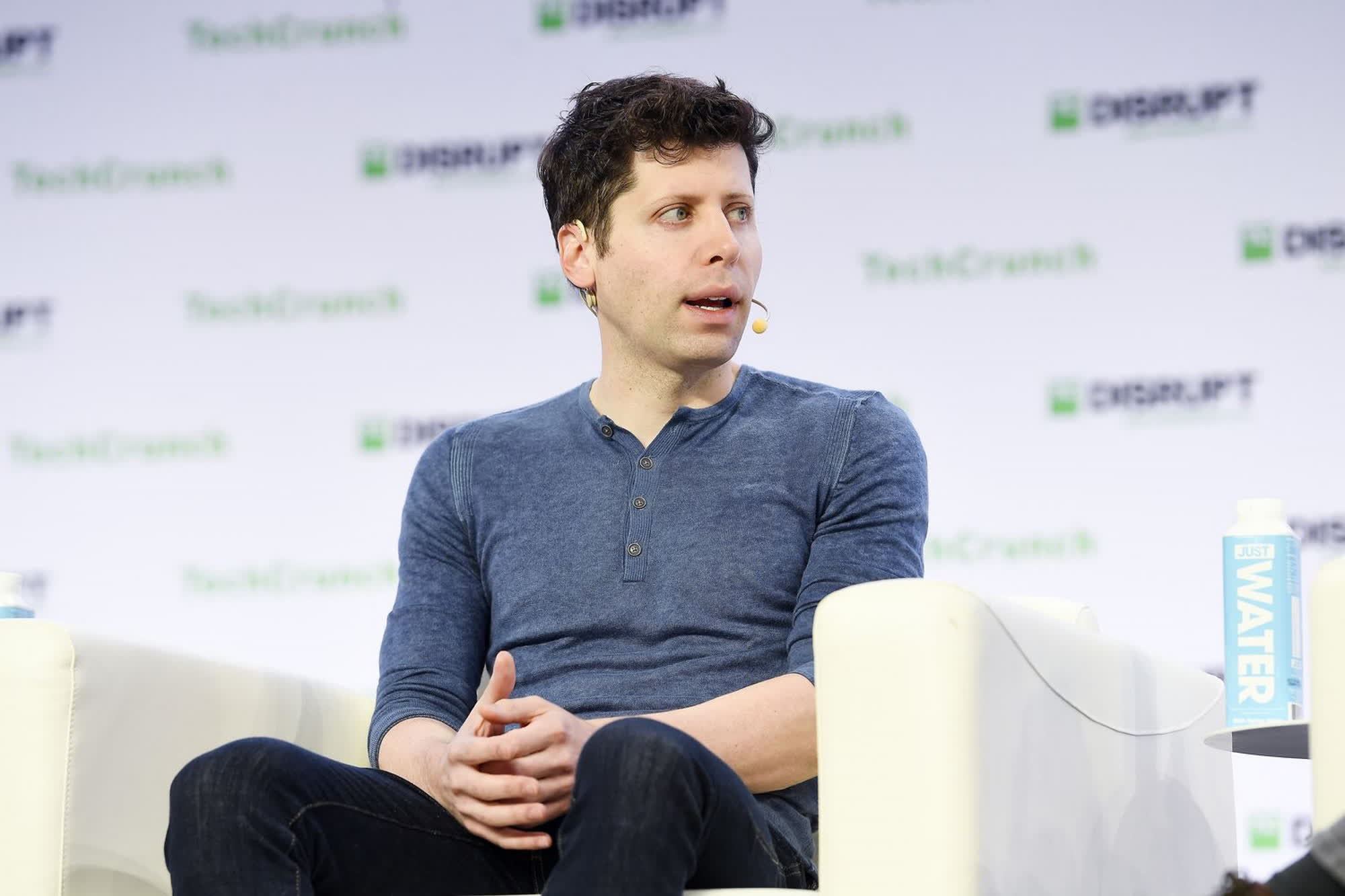What just happened? Donald Trump's multibillion-dollar AI partnerships between US companies and Gulf nations have been criticized by those who fear it could open a backdoor for China to access restricted chips. But OpenAI CEO Sam Altman doesn't think so, and has labeled those with such concerns as "naïve."
During his tour of the area last week, Trump announced a series of agreements with Gulf states, particularly the United Arab Emirates (UAE) and Saudi Arabia, related to exporting AI chips and developing AI infrastructure.
The US has allowed the UAE to import up to 500,000 of Nvidia's most advanced AI chips annually, starting this year. The country also signed an agreement to build the largest artificial intelligence campus outside the US. In return, the UAE has pledged a $1.4 trillion investment in the United States over the next decade, encompassing sectors like energy, AI, and manufacturing.
this was an extremely smart thing for you all to do and i'm sorry naive people are giving you grief. https://t.co/iTkQj9c9QW
– Sam Altman (@sama) May 16, 2025
In Saudi Arabia, the nation's sovereign wealth fund-backed AI startup, Humain, has secured a deal to receive 18,000 Blackwell AI chips for a 500-megawatt data center. Leaders from AMD, Amazon and other companies announced the agreement. In return, the kingdom has committed to investing $600 billion in US companies, focusing on sectors like AI, defense, and infrastructure.
The deals contrast with the previous US administration's treatment of Persian Gulf countries when it came to AI hardware exports. In 2023, Biden's government introduced restrictions on the sale of high-end AI chips from Nvidia and AMD to some countries in the Middle East, including the UAE and Saudi Arabia, measures aimed at preventing sensitive technologies from reaching countries with close ties to China – the UAE's and Saudi Arabia's largest trading partner.
The Biden administration also introduced the AI Diffusion Rule in January 2025, placing the UAE and Saudi Arabia in a category that imposed stricter export limitations on AI chips. The Trump administration recently rescinded the rule before it was due to take effect in May 2025.

The new deals have drawn criticism from those who believe they could allow China access to the advanced AI chips that are prohibited from being exported to the Asian nation. Senate Democratic Leader Chuck Schumer said, "This deal could very well be dangerous, because we have no clarity on how the Saudis and Emiratis will prevent the CCP from getting their hands on these chips."
Former PayPal chief operating officer David Sacks, who acts as the White House artificial intelligence and crypto czar, said he was "genuinely perplexed" by criticism of the deals. Replying to the post on X, Altman wrote, "this was an extremely smart thing for you all to do and i'm sorry naive people are giving you grief."
It's little surprise to see Altman voicing his support. OpenAI is collaborating with Emirati AI firm G42 and investment entity MGX to develop one of the world's largest AI data centers in Abu Dhabi. The company is also playing a major role in the AI revolution taking place in the Gulf region.
